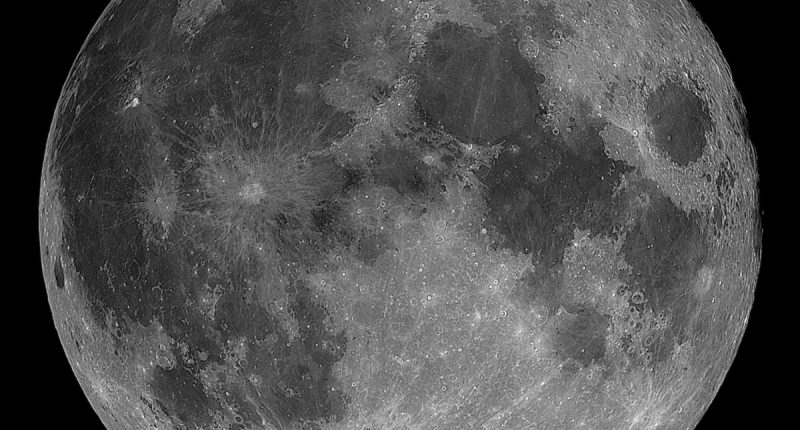A Chinese lunar capsule returned to Earth on Thursday with the first fresh rock samples from the moon in more than 40 years, providing an opportunity for new insights into the history of the solar system. With this, China has become the third country to have brought back a little piece of the moon for itself, marking a new landmark for the country’s fast-moving space program.
Following the successful return of moon rocks by its Chang’e 5 robotic probe, China is already planning for future missions that could set the stage for an eventual lunar base for host human explorers, a top space program official said Thursday.
On November 24, four unmanned spacecrafts commenced their journey towards the moon by China. The four contained a landing module, an ascent module, an orbital module and a re-entry module. On December 1, the landing and ascent modules touched down on the moon’s surface and drilled into it to raise dust and rocks and collected them in containers inside. Following this, the ascent module took off from the moon to re-join the two remaining modules orbiting the moon. During the return journey, the moon samples were transferred from the ascent module to the re-entry module, which then re-entered the Earth’s atmosphere and landed in Mongolia earlier today.
The purpose of the lunar surface material collection is purportedly to study a part of the moon named ‘Oceanus Procellarum’, which is believed to be much smoother than the rest of the lunar surface. Scientists suppose that the disparity in terrain may be linked to volcanic activity on the lunar surface, one which has happened recently, in space time scale. As a result, studying of moon samples gathered from this region will help scientists better investigate the lunar surface as well as more details regarding its interaction with Earth.
Chinese leader Xi Jinping, in a statement at the Beijing Aerospace Control Center, called it a major achievement that marked a significant step forward for China’s space industry. Xi voiced hope that commissioners would go on to help build China into a major space power and national rejuvenation, Xinhua State News Agency said.
The Tech Portal is published by Blue Box Media Private Limited. Our investors have no influence over our reporting. Read our full Ownership and Funding Disclosure →






